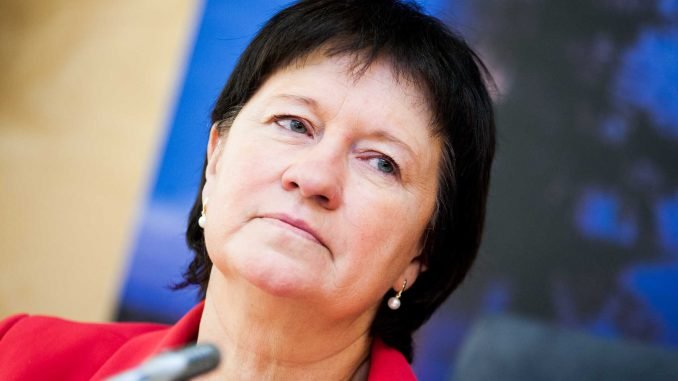
“[The initial estimates] are probably based on what we see, how much they lose, what are the losses of our companies if we don’t compensate immediately. We see how much the dairy sector, the meat sector lose due to those former export markets, the Russian market. If we wait longer, if we don’t address those issues, naturally, the growth may be even smaller,” Virginija Baltraitienė said in an interview to the Žinių Radijas radio station on Tuesday.
The Finance Ministry had estimated that the growth of Lithuania’s GDP might slow down by 0.2 percentage points due to Russia’s sanctions, she said.
“If we don’t act, if we don’t guarantee that production, if there are no new markets, then, of course, the figures might be larger,” Baltraitienė noted.
Last week, Moscow announced a one-year embargo on meat, vegetable and fruit, milk and milk product imports from the EU, US and some other countries supporting sanctions against Russia over its policies in Ukraine.
Retailers must chip in too
If the Lithuanian government decided to cut (VAT) rates for food producers, major retailers would have to commit as well to reduce prices for consumers, says Agriculture Minister Virginija Baltraitiene.
In her words, meat producers and vegetable growers are asking the government to cut the VAT as they say there are a lot of imported unaccounted production in Lithuanian markets and they find it hard to compete with it.
“If politicians decided to cut the VAT, there should be a memorandum signed with Lithuania’s major retailers (…) that prices must also be reduced. If prices do not go down at shopping centres, then there’s no point in cutting the VAT,” the minister told the Žinių Radijas.
A VAT rate of 21 percent applies to meat and vegetables since 2009.

Be the first to comment